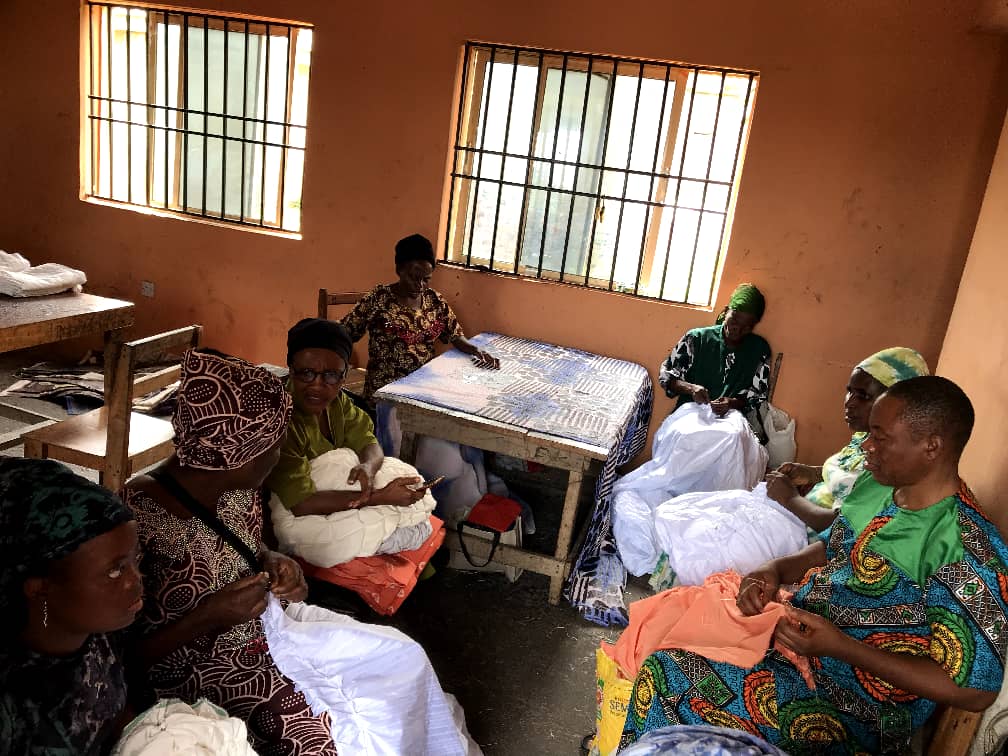Guide plant production, preservation against detoxification, don warns farmers, consumers
[ad_1]
Professor Titilayo Sangoyomi of Bowen University, Iwo, has deliberately enjoined all the stakeholders in Plant production and consumers in Nigeria to handle plant production and preservation hygienically with all sense of responsibility to guide it against detoxification.
Sangoyomi, a Professor of Plant Pathologist gave the warning on Tuesday while delivering her inaugural lecture, the ninth of its kind in the history of Bowen University.
According to her, managing plant health is crucial to the continued existence of man and without which food shortage would be inevitable, as she re-emphasised the need for farmers to deploy a series of safest methods of plant disease control.
Professor Sangoyomi who based her lecture on “Plant Health is Human health: The Intellectual Odyssey of A Plant Pathologist” declared that a plant can carry out its functions effectively if it is healthy, or it is in its normal state.
“A plant is said to be diseased when there is the malfunctioning of cells and tissues as a result of continuous irritation of the plant by a pathogenic agent, or environmental factor,” she noted.
She said: “Pant diseases should not be held with levity because of their tendency to damage plants and products on which humans depend for survival, thereby resulting in various types of losses.”
Professor Sangoyomi in her lecture encouraged commercial production of yam, cassava and maize products in Nigeria for local and international markets, adding that every household should support the production of these crops to rid Nigeria of food shortage, as well as to boost farmers’ financial economy.
ALSO READ FROM NIGERIAN TRIBUNE
In her conclusion and recommendation, Professor Sangoyomi declared that undermining plant health is tantamount to undermining human health and that because our food are mainly ppants, “it is necessary to ensure it is produced and presented safely for consumers and other end users in the sense that we are what we eat.”
She added that the achievement of the Sustainable Development Goals (SDGs) would be attainable if plants is considered very important.
She advised that planting, harvesting, transportation, storage as well as the processing of plants should be done hygienically.
She emphasized the need for farmers to be supported to acquire simple equipment that would guarantee the production of safer products and reduce mouldiness and mycotoxin contamination in the market.
She said: “It is high time government and non-governmental organizations, research institutes and media networks incorporated information on the danger of mycotoxin contamination into public health awareness programmes. Government should also develop strategies for monitoring agricultural produce for mycotoxin contamination because of the increase of its associated disease as kidney and liver and cancers. We must see plant health as our health and until then, human life will continue to be in danger of hunger and poor health.”
[ad_2]















Post Comment